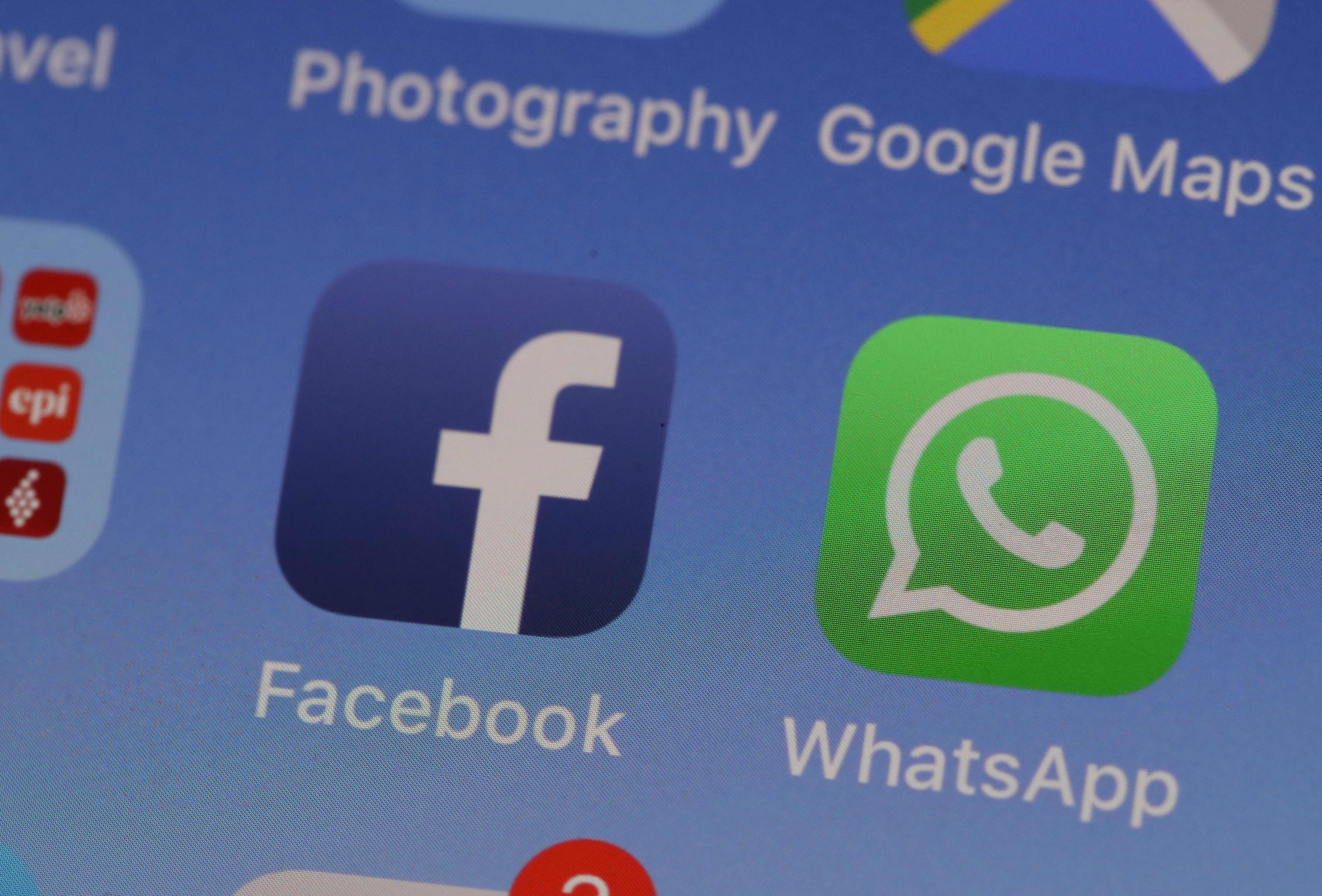
India has reportedly requested WhatsApp to withdraw the privacy policy update
WhatsApp messaging on Apple iPhone premieres on May 14, 2019 in San Anselmo, California. Facebook-owned WhatsApp has announced a cybersecurity hack that makes users vulnerable to installing malicious spyware on iPhones and Android smartphones. WhatsApp encourages its 1.5 billion users to update the app as soon as possible.
Justin Sullivan | Getty Images News | Getty Images
India’s technology ministry has asked Facebook-owned messaging giant WhatsApp to withdraw planned changes to its privacy policy that have sparked widespread backlash, several media outlets reported.
In an email addressed to WhatsApp boss Will Cathcart dated On January 18, the Ministry of Electronics and Information Technology said the proposed changes had raised “grave concerns” about the implications for choice and independence for Indian citizens, Reuters reported.
The update relates specifically To the features that allow users to interact with companies on WhatsApp.
The ministry has reportedly said that it is concerned that Indian users have no choice about unsubscribing from the planned WhatsApp policy update compared to those in Europe, where data protection rules are stricter. The Ministry of Technology has reportedly described it as “discriminatory treatment” “denoting a lack of respect for the rights and interests of Indian citizens.”
The ministry has reportedly written, according to Reuters, “Therefore, you are required to withdraw the proposed changes.” The news service added that the ministry asked WhatsApp to respond to 14 questions, including the type of user data it collected, if it had identified users based on their usage habits and the flow of data across borders.
CNBC was unable to independently verify the content of the messages.
A WhatsApp spokesperson told CNBC in a statement, “We would like to emphasize that this update does not extend our ability to share data with Facebook.”
“Our goal is to provide transparency and new options available to interact with companies so that they can serve their customers and grow. WhatsApp will always protect personal messages with end-to-end encryption so that WhatsApp and Facebook cannot see them,” the spokesperson said.
What is the update about?
WhatsApp later said that the update would not change the end-to-end encryption for in-person chats, which means the app and Facebook will still be unable to view private messages. WhatsApp also said that it does not share people’s contacts with Facebook.
WhatsApp was set to begin requiring users on February 8 to accept these updated terms to continue using the app. Since then, the Facebook-owned app has said it will Delay in implementing the planned policy update until May 15 To give people more time to “review policy at their own pace.”
India is a huge market for WhatsApp
India is one of the largest markets for WhatsApp with over 400 million users. The company’s plans for the country extend beyond mere messaging – starting last year, Users can send money through the app.
Be it via WhatsApp, be it Facebook or any other digital platform, you are free to do business in India … but do it in a way without compromising the rights of Indians.
Ravi Shankar Prasad
Indian Technology Minister
“It has become a platform for a lot of things. Small businesses and companies are using WhatsApp to do trade, payments and share payroll data,” Abishur Prakash, a geopolitical specialist at the Center for Future Innovation (CIF), a Toronto-based consulting firm, told CNBC by email. “This makes WhatsApp, an American service, a new kind of infrastructure for doing business in India.”
According to Prakash, the stakes on WhatsApp in India are very high. He explained that there is a possibility that the messaging giant will change its policy “because of the strategic position that India occupies in its strategy.”
Prakash said New Delhi, when viewed in terms of tech sovereignty and data, wants to create its own data boundaries after pushing toward an open data market where big tech companies share information with Indian companies. “This makes WhatsApp’s new policy go against the direction in which New Delhi is moving.”
On Tuesday, Indian Technology Minister Ravi Shankar Prasad had some select words for Facebook, WhatsApp and other tech companies operating in the country.
“Be it via WhatsApp, Facebook or any other digital platform, you are free to do business in India,” he said in a virtual event. “But do it in a way without compromising the rights of the Indians who work there.”
And the inviolability of personal contacts must be preserved, “he added. “I know there will be pressure to share (the data, but) this is clearly unacceptable.”
– CNBC Arjun Kharbal Contribute to this report.

“Analist. Schepper. Zombiefanaat. Fervente reisjunkie. Popcultuurexpert. Alcoholfan.”
